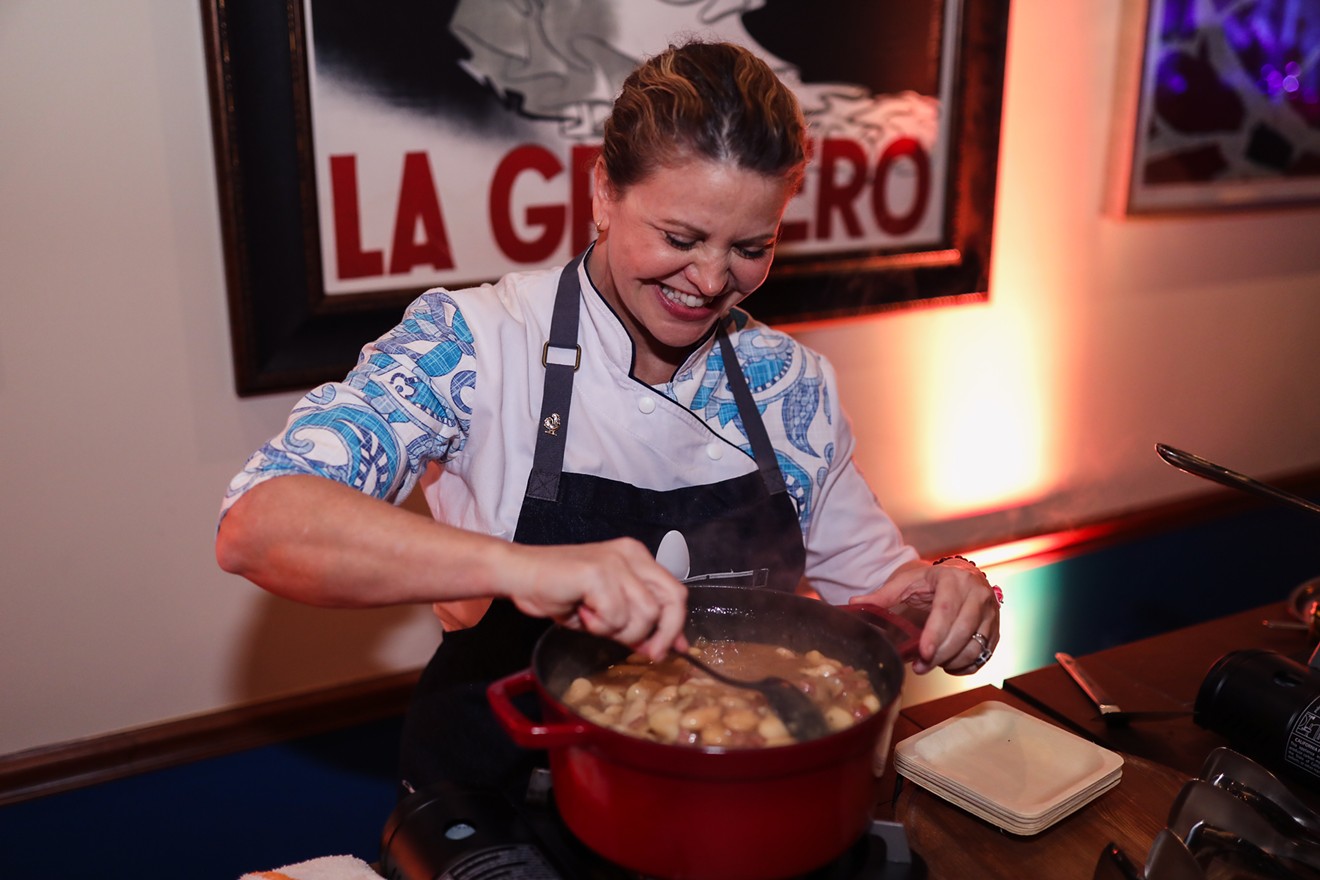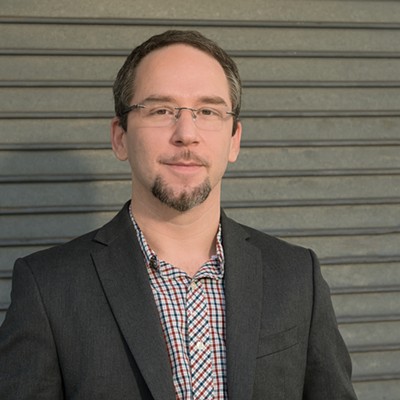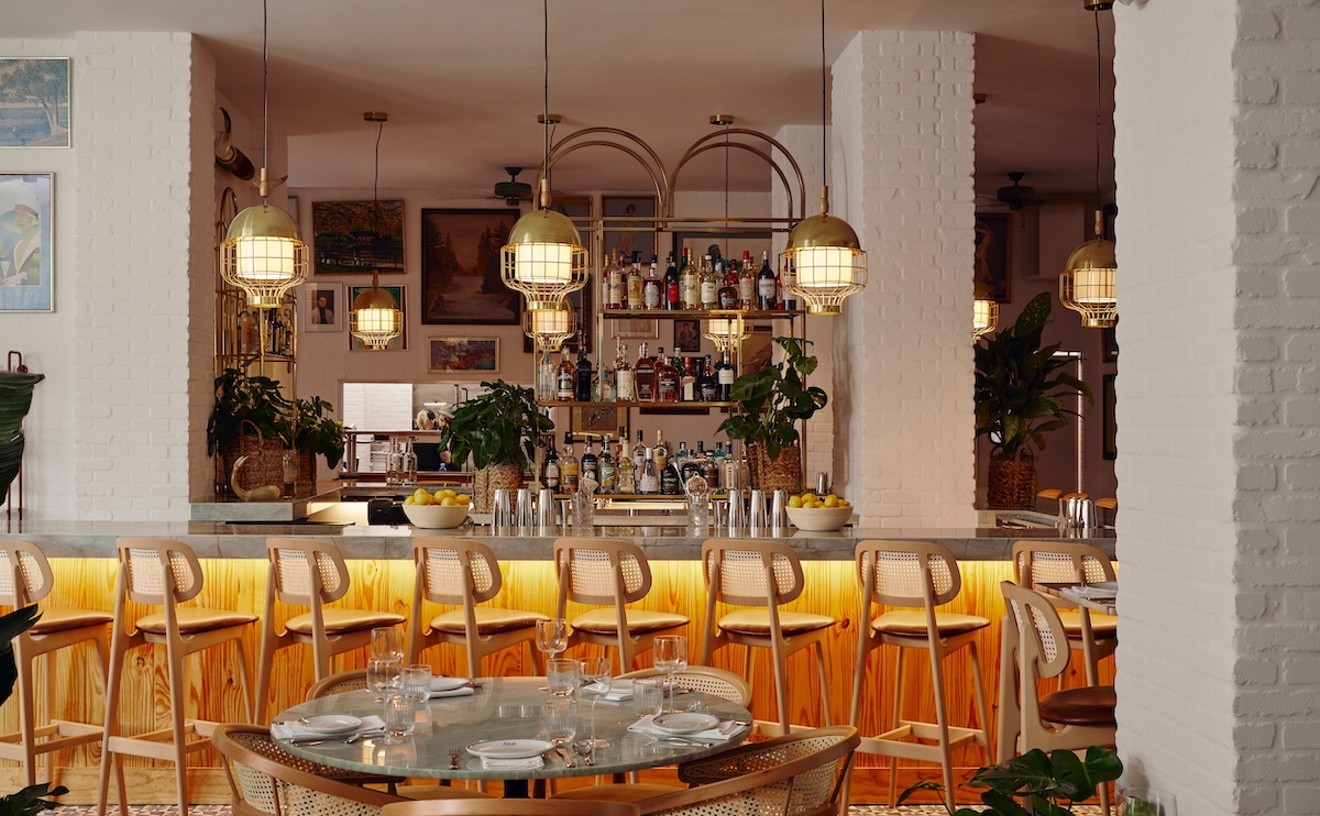Cafe La Trova, a hotspot for cocktails and Cuban dishes on Calle Ocho, has been trying to collect its business-loss insurance since mid-March. A few days after Miami-Dade County put an end to dine-in eating to curb the spread of COVID-19, the restaurant filed a claim with its insurer, Aspen Specialty.
"We pay a hefty monthly fee for this commercial insurance. It's frustrating not having the assistance," says David Martinez, part-owner of the restaurant. "We're trying to get Cafe La Trova up and running again, and we're basically starting from scratch. It's almost like opening a new restaurant."
Beginning today, Miami-Dade and Broward counties will allow restaurants to reopen at 50 percent capacity. The cities of Hialeah, Miami Beach, and Miami have targeted local restaurant reopenings to start May 27.
Cafe La Trova is finding that the cost of resurrecting operations is not cheap.
"We have to buy new food, sanitize the restaurant, and train our team about the new regulations," Martinez says.
Though Aspen Specialty has yet to send any money, the insurer did not formally deny Cafe La Trova's claim. The restaurant filed a court action May 31, asking a judge to weigh in on whether its COVID-19-related losses are covered. The restaurant's lawyer, Mason Pertnoy, tells New Times that Cafe La Trova has ample coverage for revenue and inventory losses arising from government-ordered closure in times of natural disaster.
"This money should have bridged the gap. It won't make them 100 percent. But it will put Band-Aids on the wounds," he says.
Aspen Specialty declined to comment on the case, citing the active litigation.
Pertnoy says Cafe La Trova is fortunate that its insurance policy has no blanket clause excluding coverage for viral and bacterial outbreaks. Such clauses have become commonplace since the 2003 SARS outbreak and are often written into commercial policies to protect insurers against having to pay out claims on a mass scale during pandemics."This money should have bridged the gap."
tweet this
Across town in Doral, Taikin Asian Cuisine is engaged in a dispute over precisely that kind of language, after Western World Insurance turned down its claim for coverage of COVID-19 losses. Taikin filed a lawsuit against Western World last month, noting that the denial has put the restaurant in danger of going out of business.
The Japanese-fusion restaurant's legal hurdles are due to an exclusion in its policy which states that Western World "will not pay for loss or damage caused by or resulting from any virus, bacterium," or other pathogen.
Taikin's lawyer, Jacob Auerbach, argues that coverage is supposed to kick in when emergency governmental orders cut off customer access to the business.
"The government shutdowns on a state and local level were an effort to create social distancing and make people stay at home. Restaurants in the area were not shut down as a direct result of the virus contaminating their property. That's our position on why the virus exclusion does not apply," Auerbach tells New Times.
He says Taikin and its staff "are hurting, very much so."
AIG, Western World's parent company, did not respond to a request for comment from New Times.
Spris Artisan Pizza, another of Auerbach's clients, is pursuing its own case over an unpaid COVID-19-related insurance claim. Like Taikin, the dispute involves policy language regarding pandemics.
Together, the Miami court cases are bellwether litigation that could reveal whether restaurants or their insurance companies will ultimately prevail.
Statistics from the National Restaurant Association suggest that more than 30,000 bars and restaurants across the Sunshine State could incur hundreds of millions of dollars in losses as a result of the coronavirus outbreak. It's likely to take years for Florida courts to sort out how much of that vaporized revenue should be reimbursed by insurers.
Auerbach says he expects the insurers "to be dragging their feet as much as possible" as the court saga plays out.
"Look, if a hurricane hits South Florida, the insurance companies are paying out on a bunch of policies in the area. But it's not like a hurricane can hit an entire country. [The virus] has affected the entire U.S., and it has the potential to bankrupt the insurance companies," he says.Auerbach says he expects the insurers "to be dragging their feet as much as possible."
tweet this
The ordeal has already prompted well-known restaurant chains to file for bankruptcy, including the longtime South Florida deli staple TooJay's and the Italian restaurants Brio and Bravo; the latter two were experiencing financial problems before the pandemic, according to Nation's Restaurant News.
Martinez, of Cafe La Trova, says that in a volatile industry that relies on constant cash flow, an insurance payout could make or break a restaurant, especially given that reduced capacity will limit revenue for some time to come. Over the past two months, local restaurateurs have been staying afloat on takeout orders but missing out on higher-margin alcohol and beverage sales.
"This is a business of squeezing pennies into profit. There are such slim margins — and that's on a good day," Martinez says. "You throw in a curveball like this, and a lot of places are not going to be able to survive."
Nevertheless, Martinez says he's looking forward to seeing customers again and bringing back Cafe La Trova's roughly 80 laid-off workers.
"We'll do things cautiously and make safety our number-one priority," he says. "But we're still in the hospitality business at the end of the day. We want to make people feel good. We want to give them something to look forward to."












